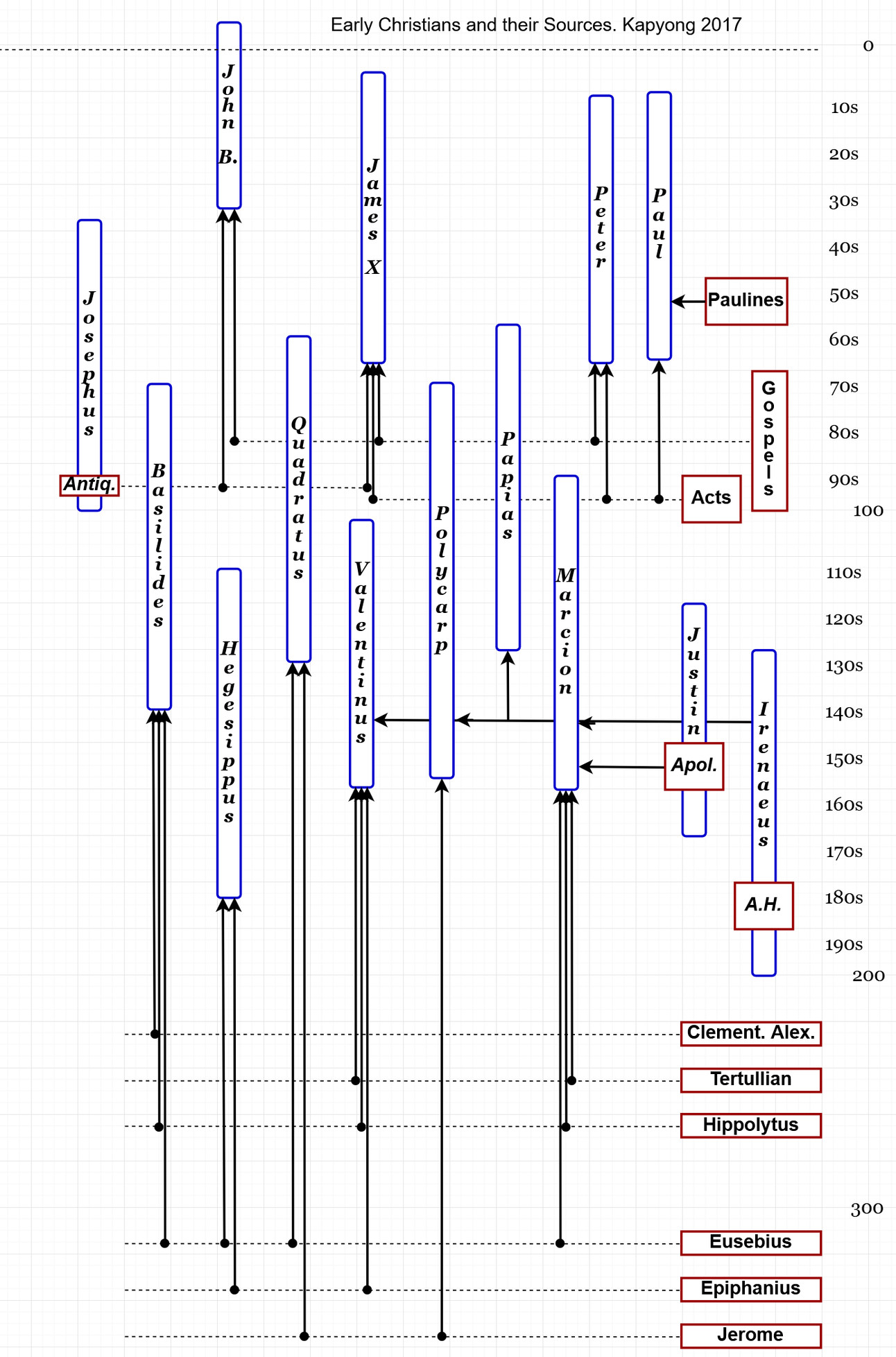Use of military language by a Judean has a couple of complications involved. For instance, if one looks for them, one can find examples of quite observant Judeans being military leaders (in 1-2nd century BCE, especially some of high priestly family in Egypt). I cannot remember where I saw it, maybe in E. Schürer, but there is a tale or history that speaks of a Judean archer fighting in some gentile army who was particularly good, and proud of the fact. Generally, Judeans would have learned archery in elite Parthian military units in Mesopotamia, so he may not have been particularly observant. However, I think Neusner relates (somewhere) that there is evidence that Judeans resident in Mesopotamia had at times formed Judean-only units which served as auxiliaries for the Parthians. These may have attempted to preserve diet and purity practices, at least in some sort of "progressive" form. I could see a discharged soldier of one of these units moving over to a gentile military unit, happy as can be.Jax wrote: ↑Thu Oct 05, 2017 2:31 pmOK. Finally finished that thread. Some really good content in there, very thought provoking and educational.
It still seems to me that the King Aretas passage in 2 Corinthians, unless a later addition, is better understood as a reference to Aretas III. However. I do feel that you have some very valid arguments for some of the letters of Paul being no earlier than the late first century BCE, post Actium.
I will point out however that the militaristic language of Paul has a better chance of being associated with someone involved in the wars in Greece, Macedonia and Asia minor during the 1st century BCE rather than in a post Pax Romana period of the same areas in the 1st century CE. Who are these fellow soldiers that he writes to and about?
With the bulk of his letters going to areas that are Roman military veteran colonies of the wars of Julius and Augustus Caesar. I find this very telling.
In the Roman period, Judeans had been granted exemption from conscription into the Roman military in order to avoid violation of their dietary and purity laws. That would not prevent a Judean form volunteering, though. Also, Herodian princes put in charge of tetrarchies by the Romans would have standing armies. These were staffed mostly by non-Judean conscripts from their regions (there were many gentile villages and towns mixed among the Judean ones), and some perhaps recruited from other regions. Their the commanders were usually gentile, but also sometimes Judean, whose level of observance is unknown. I suppose these Herodian client kings could have all-Judean units like modern Israel has "haredi" units mixed among a primarily non-observant Jewish military. Israeli Haredim (I understand this to refer mainly to Orthodox Jews) are exempt from the otherwise mandatory Israeli military service if they object to it, and many of them (e.g., Ultra-Orthodox) do object.
Robert Eisenman has suggested that Paul could have had a connection to a Herodian household, and I generally think this is correct. He seems to be on a familiar basis with a number of folks who appear to have been from such households, one of whom was "foster brother" (a slave who served as a playmate to a prince) to a Herod. It is hard to tell which household, as "Herod" was a popular name or surname for many in the various Herodian families. In a Herodian household, even in an administrative or supply-chain position, he could have picked up military lingo. If he watched the public games in his region, and he does seem to have been familiar with them, he could have picked up military/gladitorial terminology.
Yet because Judeans were generally exempt from military conscription, I tend to doubt that Paul would have been in one of the gentile Roman Legionary or Auxiliary army units. The only other army he could have had some connection to would be those of Parthia or Parthian client kings, some of which were on friendly terms with Roman client kings and Judeans generally (think of Adiabene). However, his circle of travel (whether based on the letters or Acts) seems to be squarely within the Roman sphere of things. Of course
So, explaining Paul's use of military terminology does not *require* that he directly participated as a soldier for some Roman Legionary, Auxiliary or Client king operated army. It might suggest that, sure, but I would not state this as an absolute certainty.
DCH
